Will: I do feel a pressure. It’s been such a wonderful and confusing thing. Of course I’m overwhelmingly grateful. But that gratitude can tip so easily into a kind of terror. I’ve become very conscious of how much of this is outside my control. I was born into a highly specific (white) environment, which happens to have tremendous resonances with our national identity crisis.
I was also the only boy in my family, and I didn’t have the same level of Catholic pressure on me to give my body away to childbirth. And I was on the younger end of the family, so I could listen and absorb the particularities of all these incredible women in my household. I’ve been incredibly fortunate. And yet I spent my early plays writing things adjacent to/removed from my own particularity, and when I finally buckled down and wrote the thing that terrified me—Heroes of the Fourth Turning—something very personal and true to life, it became this success (eek) and necessitated all of this reckoning with the people who inspired it. That was hard, but healing.
Meanwhile, you’re sharing all of it with total strangers, who just come in and eat it. It can make you a little terrified to ever do it again. I keep thinking about the next thing I want to write, and how different that play is—how it won’t fit into any neat box, how it might not feel topical or “important” in quite the same way. Or whether it won’t “terrify me enough,” as though tremendous pain is the only valid incentive to make a thing. I want to move past that.
One thing I say a lot is: “I just want to make beautiful things.” And that’s true. But it’s hard not to feel the pressures of the marketplace: How will I be judged, sized up, appraised? Am I upholding my responsibility to my consumers? Am I seasoning myself to their liking? Is the contradiction of me selling enough of their papers? When will the contradiction of me become less salable?
Caridad: Tricky dilemma. Indeed. I know what you mean. On the one hand as a writer, the task is to make the best, and most beautiful (depending on your definition of beauty) art object that you can. But this still may or may not be what the industry or an audience wants or is attracted to. There’s also the fact that if you are known or get a reputation as an artist that illuminates human contradictions in their work, and you yourself as the artist embodies some of those contradictions (and more), is this fact what makes you and your work in demand? Were you to not play into those contradictions, as you say, would the industry find the work and you less interesting to pitch?
Will: You start to feel cannibalized. I’ll try not to think this way. I’ll try to just make beautiful things. But it’s hard not to get a sniff that something else is going on, something totally outside one’s control. There are the stories you tell, and then there are the stories they tell about you.
As much as I endeavor to honor my sisters, my mother, my female characters, I’ll always be a man writing about them.
Caridad: I grew up Catholic; the imprint is all over my work. And even when I try to mask it, it shows. Mine was a heady mix of Spanish influence and Irish (I went to schools where Irish nuns and priests taught and practiced their faith), and I remember being really torn as an adolescent, which was right about the time I was starting to think about writing as a possible something I wanted to do for real and not just as a hobby.
I couldn’t reconcile the patriarchy of the religion with, well, a desire and need to smash that patriarchy. I see your three sisters in Plano wrestling with the same, and even in Heroes, which fashions itself somewhat matriarchally; the patriarchal dogma hovers over them all. I have also been thinking a lot about the act of writing itself and how most of the structures inherited in codified language in English are male-written, encoded historically.
As playwrights, this becomes an issue with which to contend as well. I have always been drawn to Sor Juana and to the writings of Theresa of Avila because they were seeking/enacting what we call now feminist escriture. I think in Plano’s faceless ghost—the ghost of male-embodied patriarchy—but also in Heroes—especially at the end, in that heart burst aria (as I call it)—contending with all this is manifested. Where and how do you see the plays positioned around the weight of this?
Will: I write, more than anything, about women trapped in (and upholding) a system designed to limit their autonomy. So I see these two plays—Plano and Heroes—as very much positioned around the weight of all that. As I mention constantly, and perhaps obnoxiously, I grew up in a household with eight women. I was the only boy among seven sisters. Despite my household very often feeling like a matriarchy, and despite all the powerful particularities of all my sisters, there was still a sense that the patriarchal structure was the name of the game. Catholicism has the Virgin Mary—and there’s a real reverence there—but there are still very few models outside of sainthood and motherhood. And both of those revolve around extreme bodily pain.
And then here I come, with a little chip on my shoulder—“I have seven sisters!”—as though that gives me any real understanding. It doesn’t. It gave me my best friends. It gave me my heroes. But as much as I endeavor to honor my sisters, my mother, my female characters, I’ll always be a man writing about them. I’ll never escape that. And nor do I want to. Zadie Smith said in a recent essay for the New York Review of Books: “The hard truth is that we do not always know ourselves perfectly or well. Indeed, there are things to which subjectivity is blind and which only those on the outside can see.”
I hope that’s true, that my outsider status can be of use to these stories that I can’t stop writing. But Zadie goes further, in the same essay, saying that we always need to question that sort of attempt: “Is this [work] before me an attempt at compassion or an act of containment?” And maybe it’s inevitably both. I want my works to be acts of compassion, but I don’t think they’ll ever escape the ways they contain the characters too. That’s why in so many of my plays, there’s a sense of dread, of unease, a feeling of being trapped, an uneasy hum. I’m the one trapping them there. I’m the uneasy humming. I try to make it beautiful, even though it feels awful.

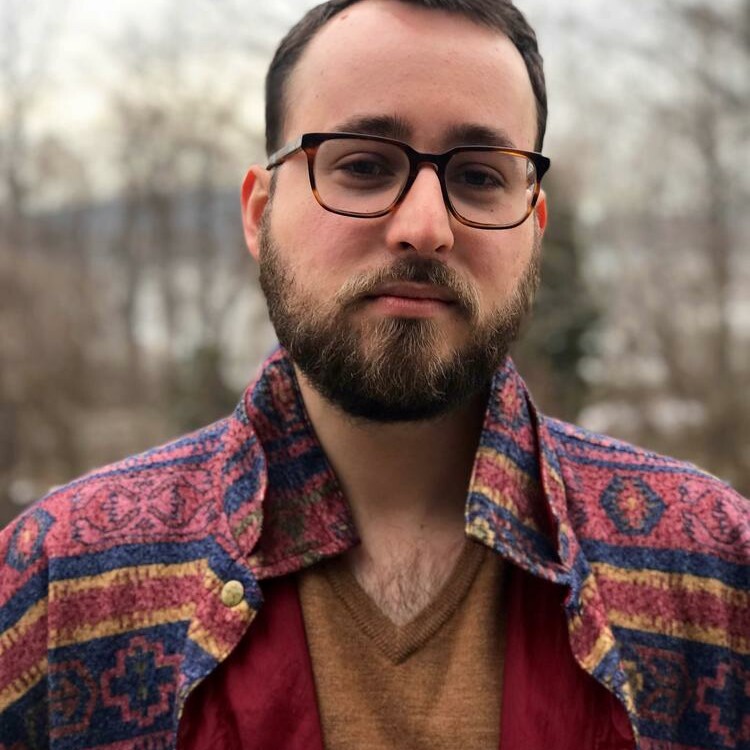
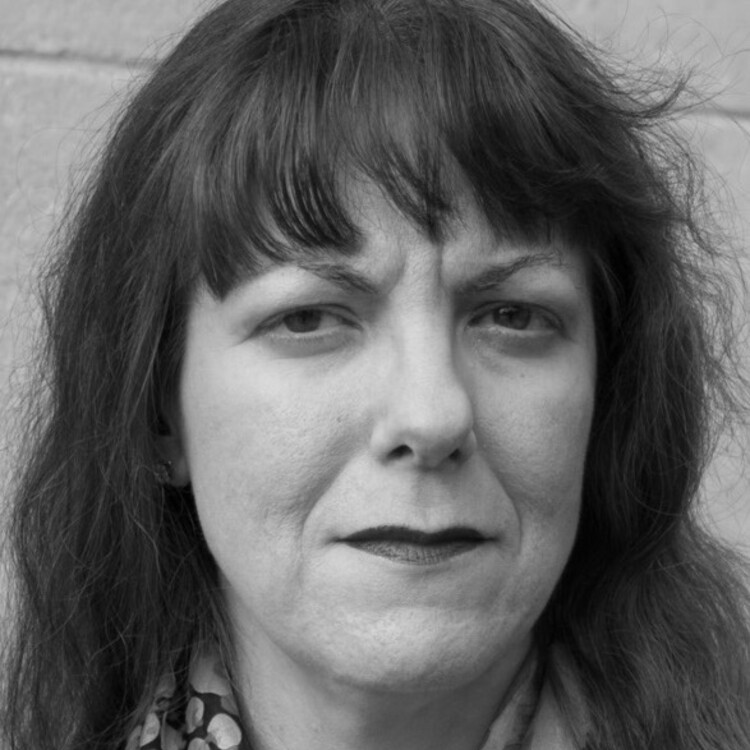
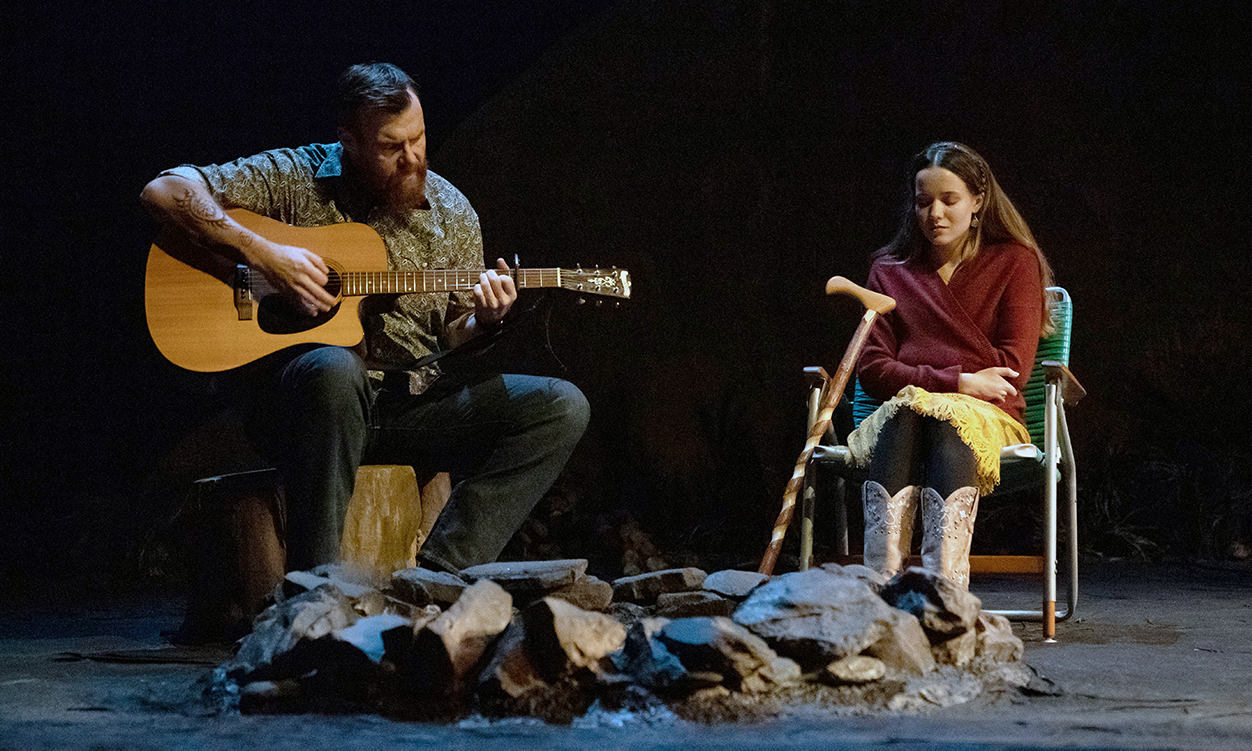
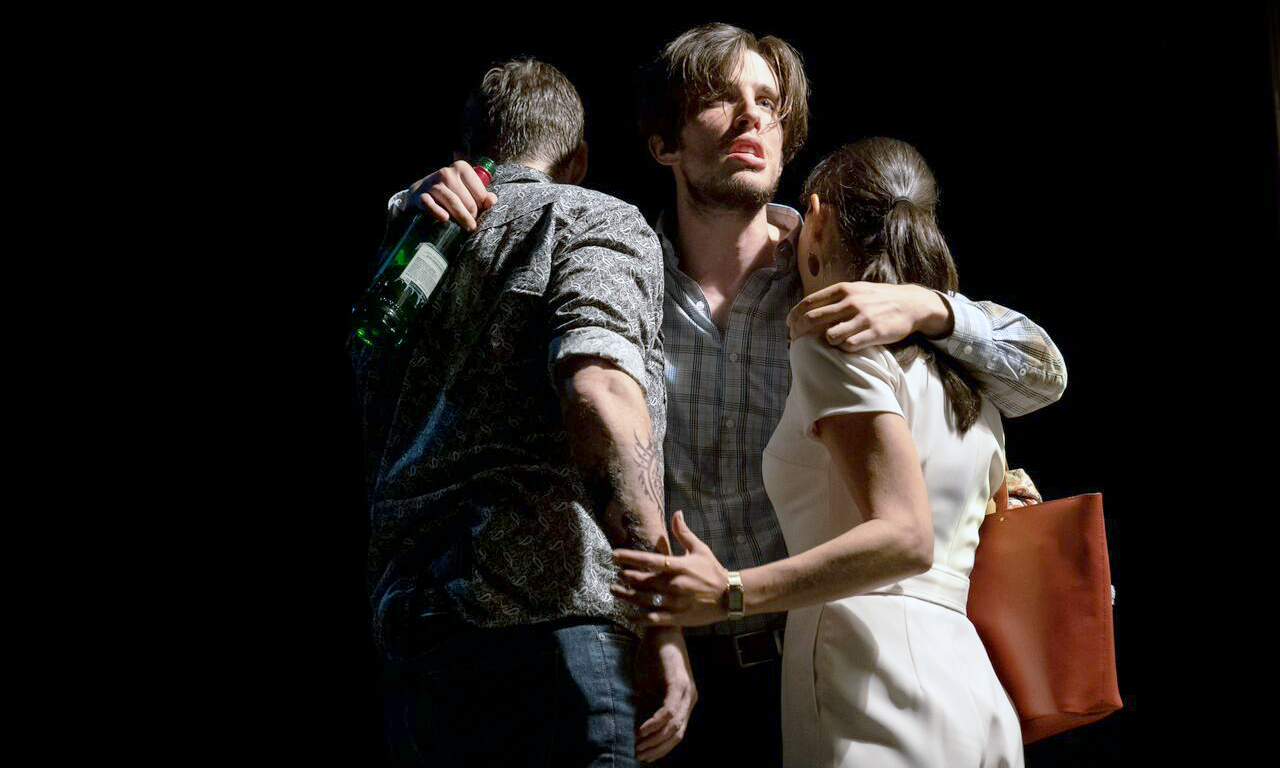
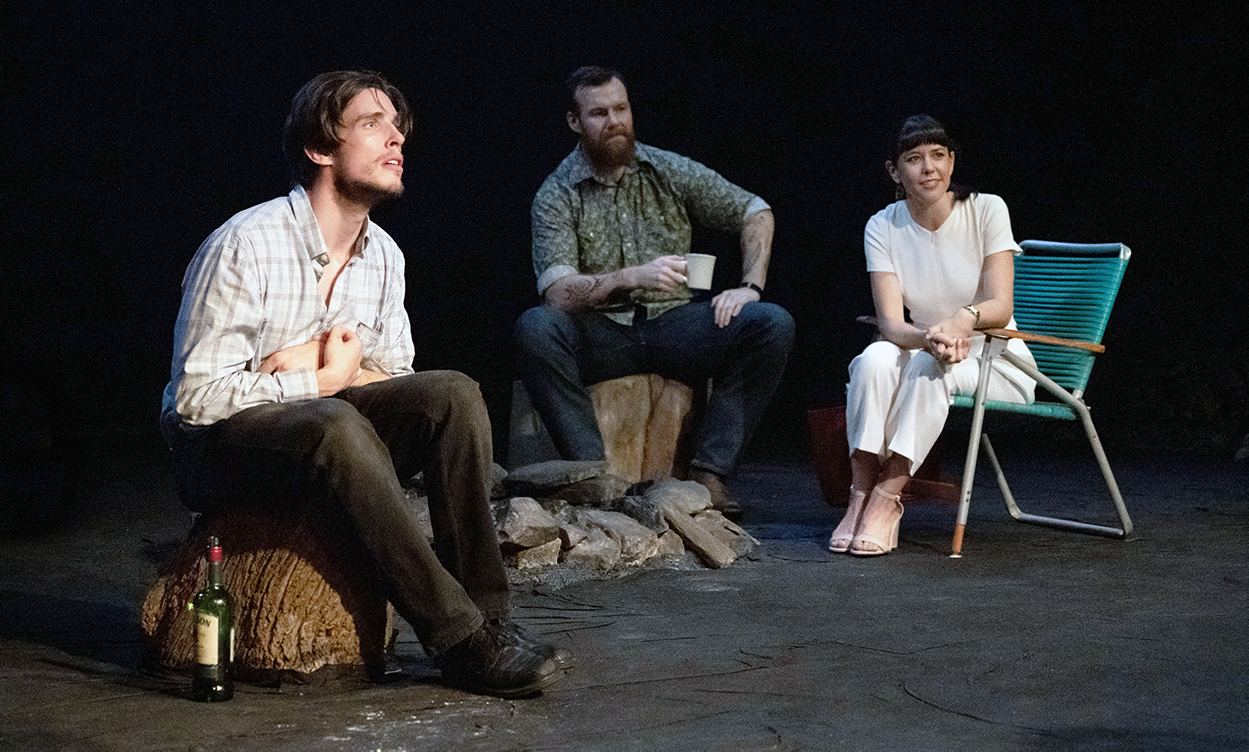
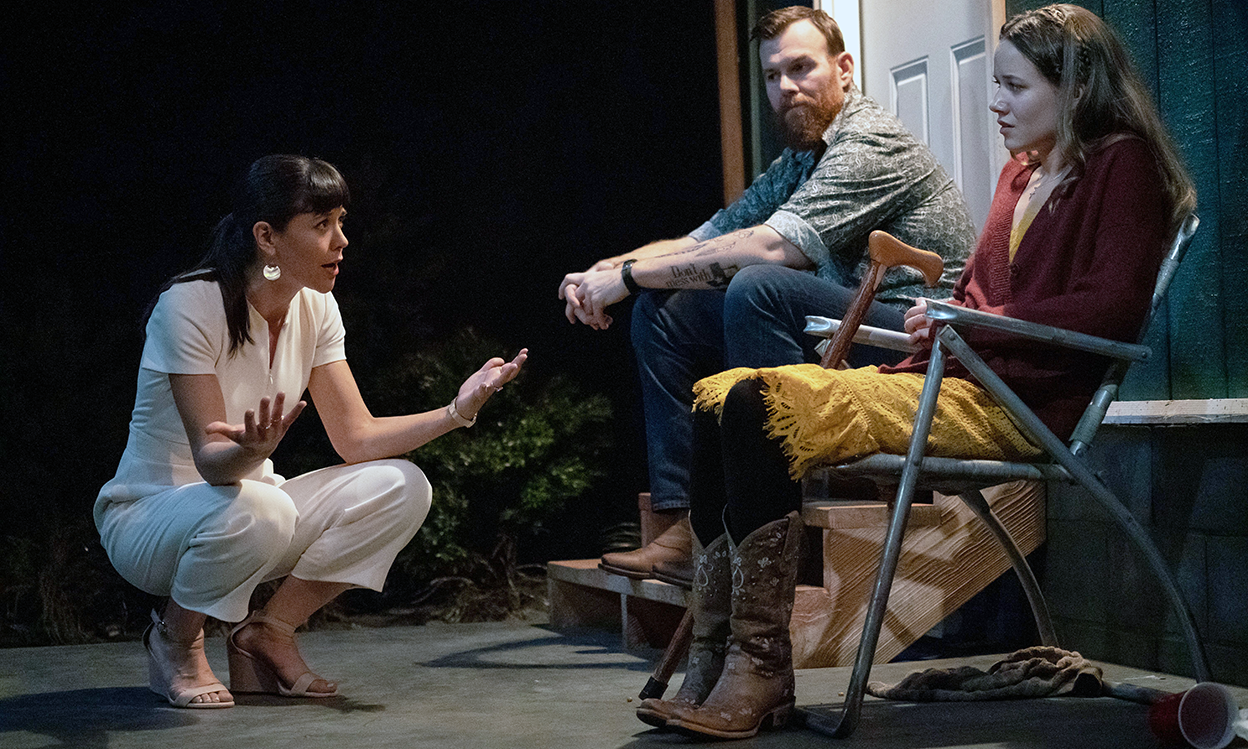
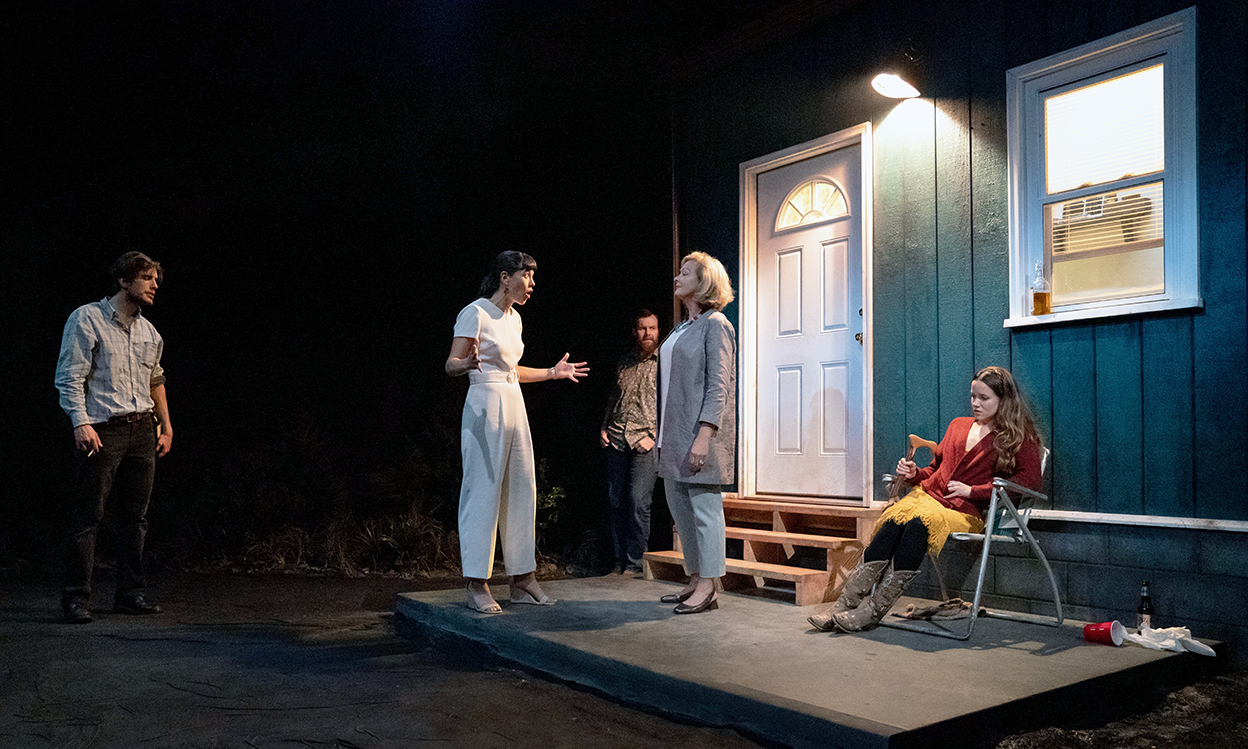
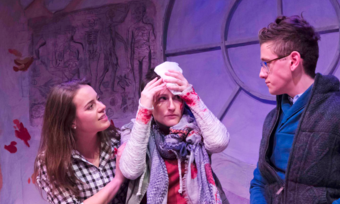


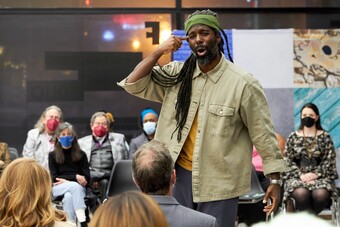








Comments
The article is just the start of the conversation—we want to know what you think about this subject, too! HowlRound is a space for knowledge-sharing, and we welcome spirited, thoughtful, and on-topic dialogue. Find our full comments policy here